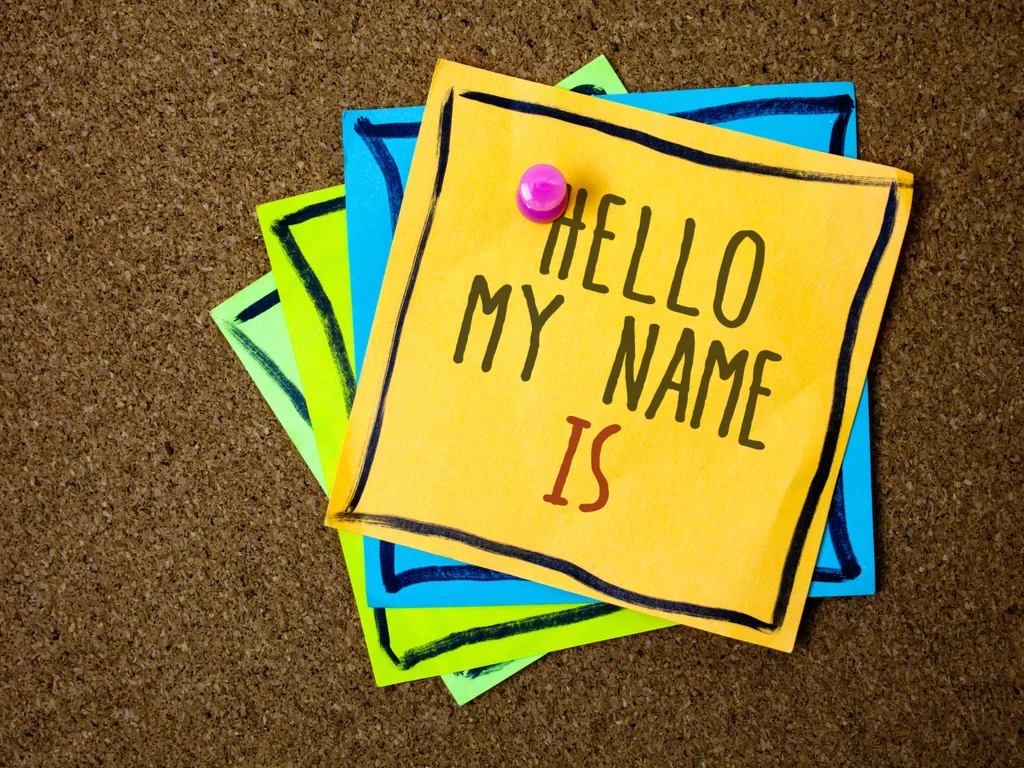
While names are always changing in terms of popularity, there is a time in history when your name was the most popular. Often, names are shared because they have great meanings, exciting histories or a lot of representation in the media, but first names can be shared for nearly any reason.
Each section below explains when a popular name from modern times was the most popular and how it came to be on the list of the ten most popular baby names.
Emma
This ancient Germanic name comes from the old Germanic word ermen meaning “universal.” However, the original name that spurred the use of the name Emma was the name Ermunaz. This name means “strong” or “powerful” and carries Paganistic beliefs and connotations. The name Emma, though, is also believed to be the shortened version of the names Ermengarde, Ermentrude and Ermenegilda, which were the most popular during the ninth century in England.
The name Emma is the most popular in the 21st century, particularly in the 2010s. However, the name did not garner popularity until the early 2000s, when it appeared as the second most popular girl’s name in the U.S. The increase in popularity is often attributed to the Jane Austen’s book, Emma. Although published in 1815, the book did not receive much attention until the 20th century. Now, the book is widely circulated throughout classrooms and libraries around the world.
The increase in popularity is often attributed to the Jane Austen’s book, Emma. Although published in 1815, the book did not receive much attention until the 20th century. Now, the book is widely circulated throughout classrooms and libraries around the world.
Liam
Liam became a popular name for young boys in the U.S. and the UK in the late 1980s. As a shortened form of the Irish name William, Liam only began to spread among non-Irish residents in the mid-1800s during the Great Famine. Because the Irish entered England and other countries to escape the famine, the name was passed on.
However, the name Liam quickly became a name independent from William in the 1930s and rose in popularity in the UK until the 1970s. While the name started to be used less often in the UK, Liam reached its height of popularity in the U.S. in the mid-2010s.
Ava
As a name given to female babies since the eighth and ninth centuries, Ava is gaining popularity in the 21st century rather unexpectedly. The first reported use of the name Ava was in the ninth century when the daughter of Pepin II of Aquitaine was named Saint Ava. Additionally, Ava was the name of a famous medieval poet.
The name changed to Aveline when introduced to Norman French and later became the English name Evelyn. Etymologists are unsure as to why and how Ava returned as a popular name in modern times because sufficient evidence of the name being used is unavailable. Still, Ava Lowle Willing and her daughter Ava Alice Muriel, members of the U.S. elite, are rumored to have popularized in the early 20th century. In Australia and New Zealand, Ava remains in the top ten list of the most popular baby names.
Noah
Most etymologists agree that the name Noah came from biblical origins. The religious figure, Noah, is likely responsible for the rise in the name’s popularity.
However, variants of the name in Arabic, Dutch, Greet, Russian and other languages have also contributed to the name’s prevalence. Nevertheless, Noah has been the most popular male name in the U.S. throughout the 2010s and is the third most popular name in Australia.
Olivia
Olivia was popularized as a name by William Shakespeare in his text, Twelfth Night. However, records indicate that the name had been used as early as the 13th century for women. Derived from the Latin word oliva meaning “olive,” Olivia has been an incredibly popular female name throughout most English-speaking countries since the late 20th century.
Logan
Originally a surname of Scottish descent, Logan is a popular androgynous name. In fact, the name Logan actually came from the Gaelic word lagan meaning “a hollow land.” Based on recent Social Security Administration data released on births, Logan is expected to continue gaining popularity in the U.S. Currently, the name is already among the most popular names for boys in Canada, Australia, France, Belgium and Scotland.
Isabella
Isabella is a name of Italian origin, but the reason the name may have increased in popularity among women outside of Italy is because Isabella is the name of many famous queens and signifies royalty. In fact, various European queens bore the name Isabella proudly up until the early 20th century including the following:
- Isabella of Hainaut
- Isabella of England
- Isabella of France
- Isabella of Valois
- Isabella II of Spain
In the modern day, however, the name’s popularity is associated with the beloved Twilight series whose main character is Isabella (or Bella) Swan. Additionally, Isabella was another name popularized by Shakespeare in his play, Measure for Measure.
James
According to the U.S. census records, the name James peaked in popularity during the Baby Boom era (from 1946 to 1964). However, the name James for males has been a popular choice among English speakers since its origination in the Christian Bible. Because the name has been borne by countless celebrities, noblemen and scholars alike–such as James Bond, inventor James Watt and novelist James Joyce–James has become an extremely popular moniker for children everywhere.
Amelia
Amelia as a given first name for girls was most common in England during the 18th century. The German House of Hanover had two royals named Amelia, borne by George II and George III. Today, the name’s popularity is attributed to its association with strong, independent women.
For instance, the famous pilot, Amelia Earhart, and main character from the children’s book Amelia Bedelia both bear the name. Other actresses, TV show characters, etc. have contributed to the name’s popularity in the 21st century as well.
Oliver
The Normans, or Vikings, introduced Oliver to England as a viable name for males during the Norman Conquest in the 11th century. The name gained popularity among the English in the medieval ages, but the Restoration of the English monarchy seemed to stop the spread of the name Oliver due to its connection to English ruler, Oliver Cromwell. Etymologists suspect that the name became popular again in the 19th century because of author Charles Dickens. His novel, Oliver Twist, may have inspired a new generation of Oliver-lovers, but this is mainly speculation.



